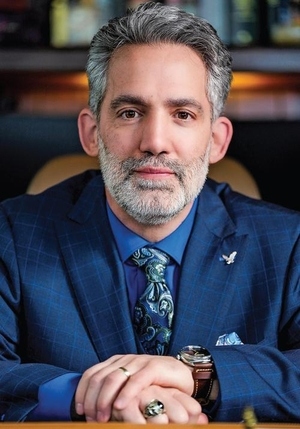Convince you to accept a low offer.
Insurance companies often attempt to settle claims quickly, which they may say is convenient for victims. The truth is, many people do not seek legal help immediately after an accident and are unaware of their rights. They also do not know the full extent of their injuries and are likely to accept any payment that allows them to pay down mounting medical bills.
Gain details that may not be true.
Insurers will often ask victims a variety of questions about the crash, asking them to make an estimation of details even if they don’t know the facts. Victims who are still reeling with the shock of the accident may not be able to remember how fast they were going or the posted speed limit, and making a guess on these numbers is often more damaging than simply saying “I don’t know.”
It is important to remember that there is no law that requires an accident victim to give an insurance company a recorded statement. If you must speak to an insurance representative after a car crash, always keep your responses short and to the point.
|
Related links: |


